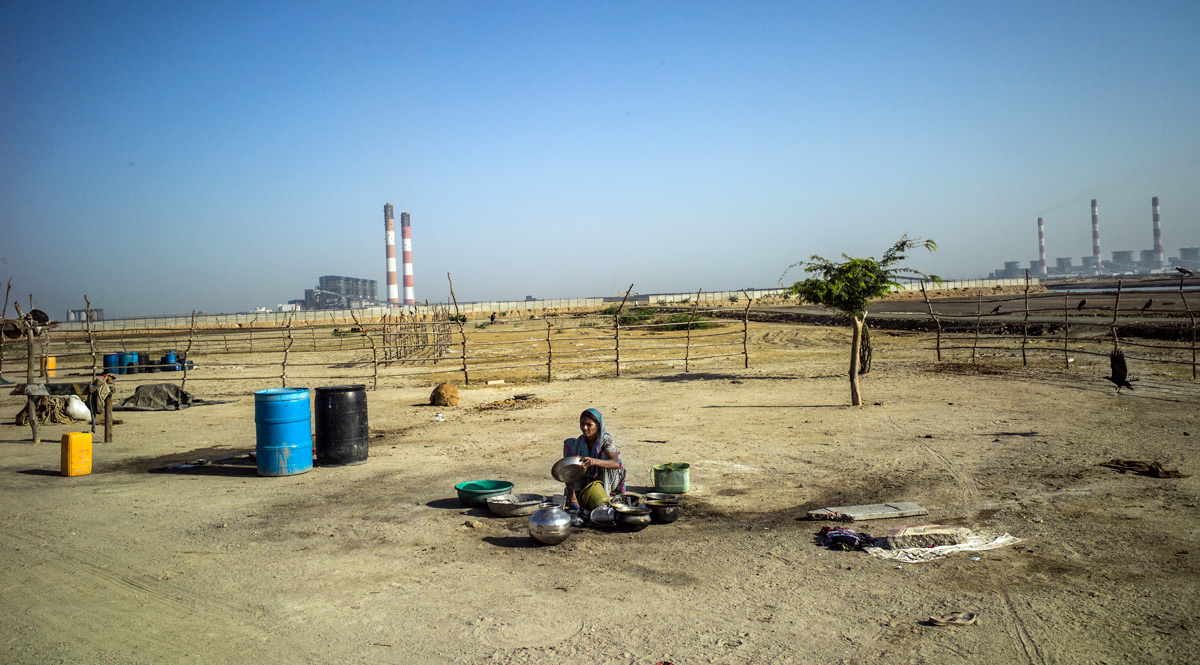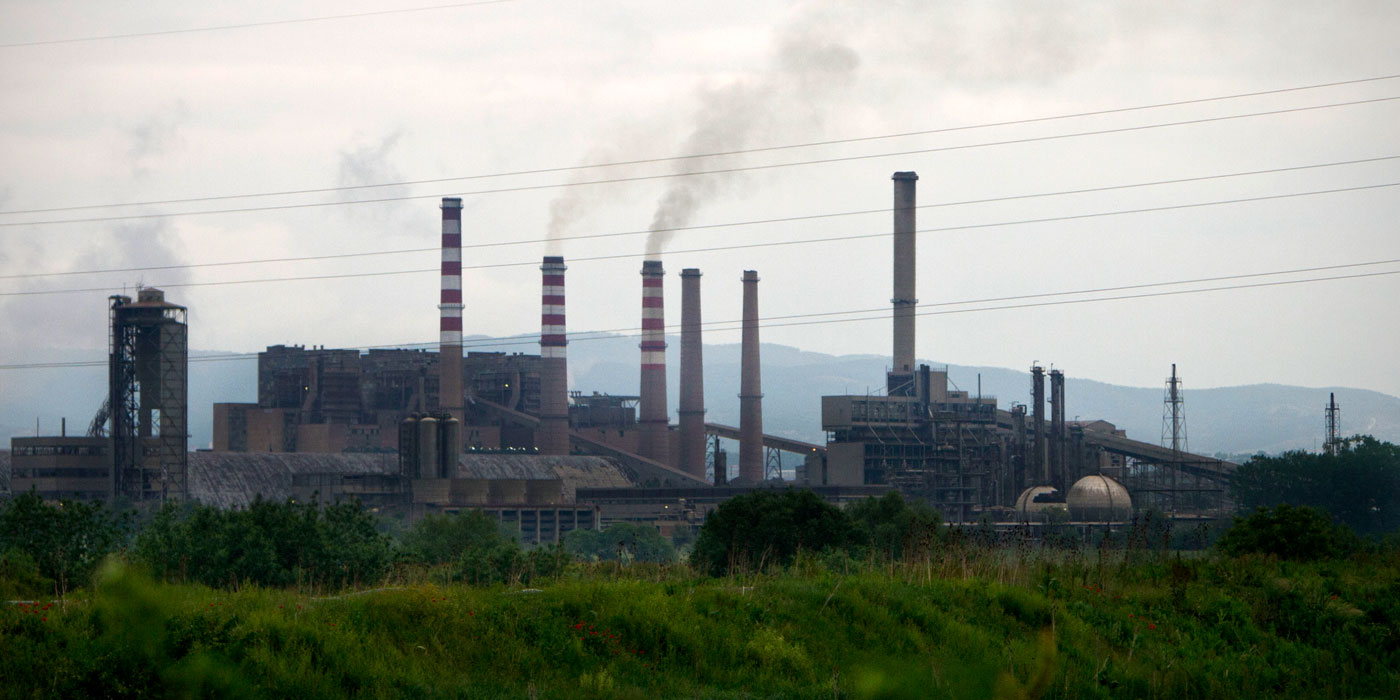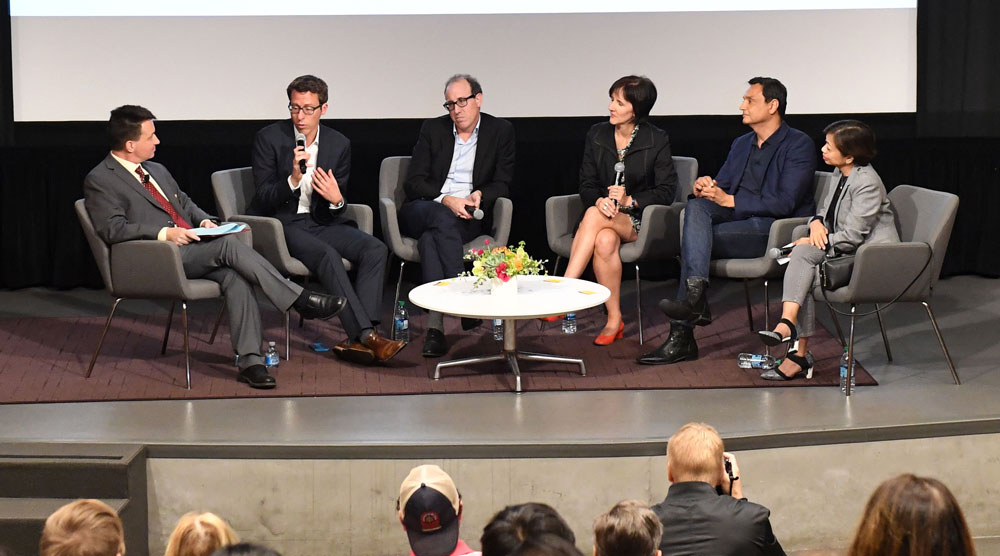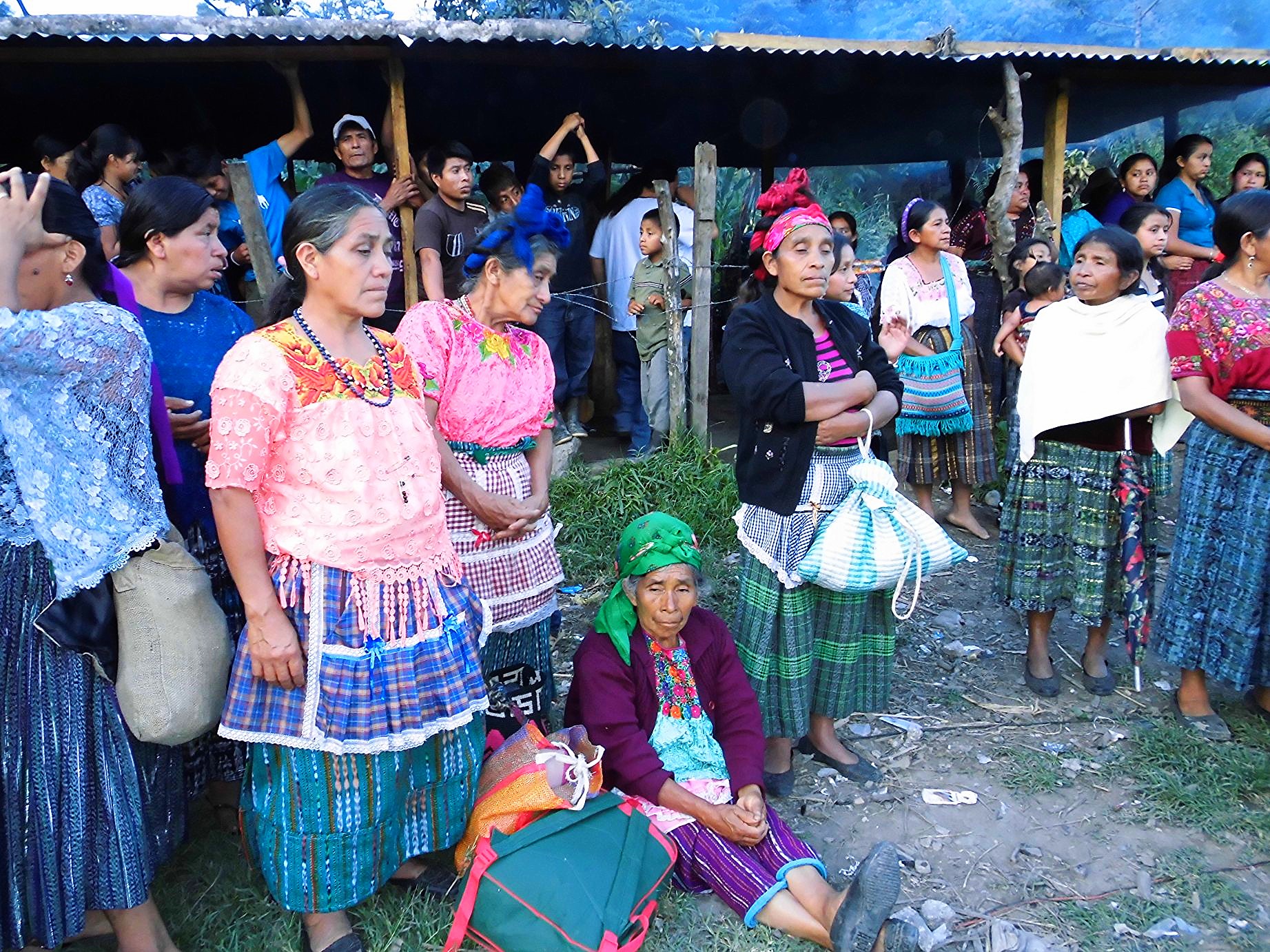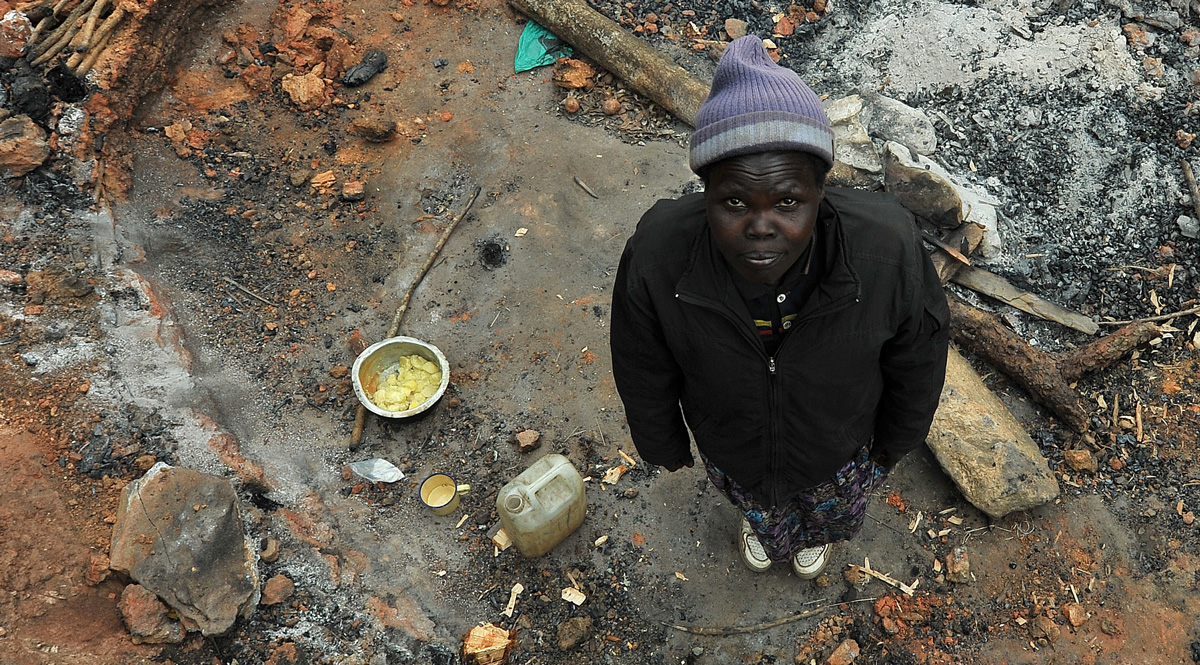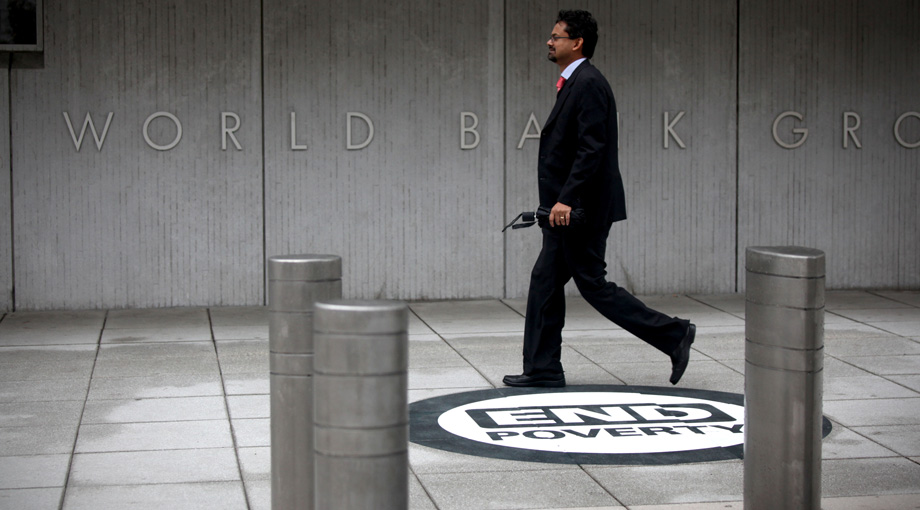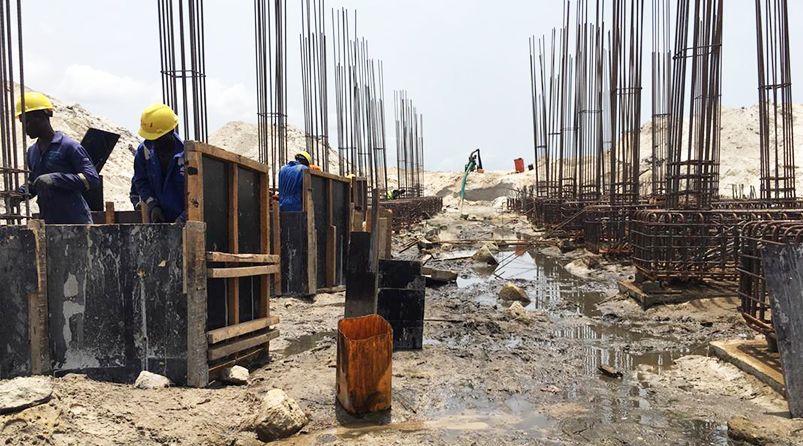The U.S. Supreme Court heard arguments yesterday on whether the World Bank and other international organizations enjoy absolute immunity from U.S. lawsuits.
The case centered on a dispute between the bank’s private-sector lending arm, the International Finance Corporation, and a fishing community in India that alleged residents’ livelihoods were damaged by pollution from an IFC-supported coal power plant. The International Consortium of Investigative Journalists investigated and reported on the conflict in its 2015 Evicted and Abandoned investigation.
“If this is judged in favor of the people, it will create an opportunity for the community to get indemnity,” said Bharat Patel, the general secretary of the Association for the Struggle of Fisherworkers’ Rights, one of the plaintiffs in the case. “It will help other communities to hold the IFC accountable.”
The legal case hinges largely on a 1945 law, passed to apply to the United Nations and other international bodies, which granted these organizations “the same immunity from suit” as foreign governments. In 1976, the U.S. passed another law excluding commercial activities by foreign governments from this immunity. The case is being heard in the U.S. because that is where the IFC is headquartered.
The plaintiffs argued that loans from the IFC should be considered as commercial activities that fall outside the protection of sovereign immunity.

“This is about a dozen words in a U.S. statute, and those dozen words are pretty clear,” said Jeffrey Fisher, an attorney for the plaintiffs, in a press conference after the hearing.
The IFC contended that the intention of the 1945 law was to protect the core activities of multilateral organizations so that they could function effectively. If it were stripped of immunity for commercial activities, the IFC maintained that it could be flooded with lawsuits that would cripple its mission as a development lender.
“We’re a big fat target here,” Donald Verrilli, the attorney for the IFC, told the Supreme Court. “So instead of suing the person that actually injured them, the power plant in India, they come here and sue us.”
The case centered on the “ultra-mega” Tata Mundra power plant, built by the Indian conglomerate the Tata Group and backed by $450 million in loans from the IFC. A fishing community said the plant, on the shores of the Gulf of Kutch in northwest India, was encroaching on their land and its discharges were destroying their fisheries.
The IFC refused to consider them as “project-affected people” entitled under its rules to be consulted about the project and compensated for any damages, because the community only spent part of the year in the coastal area,
The IFC’s handling of Tata Mundra was part of a larger pattern of undercounting or failing to recognize communities negatively affected by its development projects, ICIJ revealed in 2015. The findings were part of ICIJ’s Evicted and Abandoned investigation, which found that about 3.4 million people were physically or economically displaced by World Bank-funded development projects between 2004 and 2013.
Ultimately, even if the Supreme Court decides in favor of the fishing community, it could have limited impact. The high court’s ruling will determine only if the lawsuit may proceed in U.S. lower courts, and, if it does, those courts could decide that the plaintiffs have not proven their claims or that the IFC’s actions in the Tata Mundra case are protected even if its immunity is not absolute.
The Supreme Court’s decision is expected by summer 2019.
